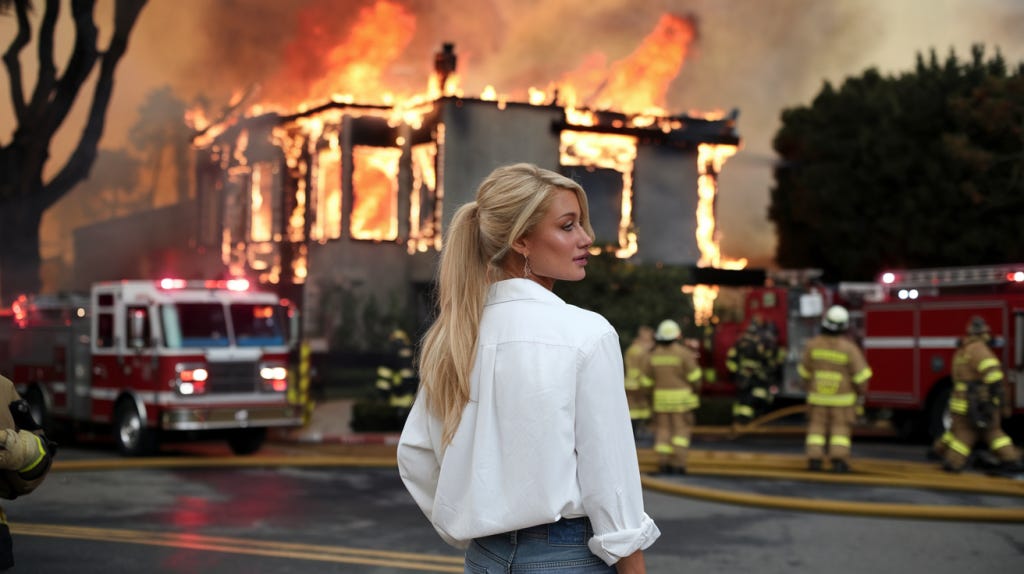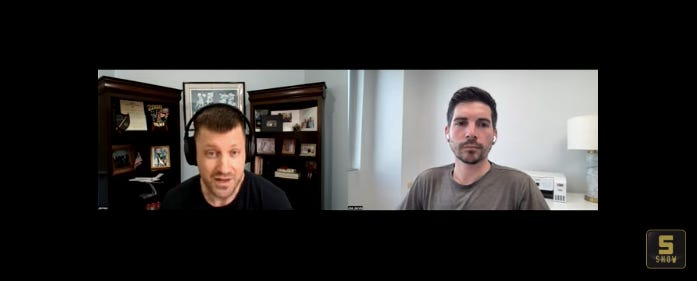n 1913, 24-year-old Charlie Chaplin arrived in Los Angeles, drawn by an offer from Keystone Film Company. Coming from a poverty-stricken childhood in London and a successful vaudeville career, Chaplin found in Los Angeles a place of limitless potential.
The city was largely undeveloped, surrounded by orange groves, open fields and dirt roads where coyotes still roamed. But it offered the perfect backdrop for the burgeoning film industry— mountains, oceans, deserts— and a chance to escape the constraints of traditional theater.
While San Francisco had flourished during the gold rush, Los Angeles was entering its own boom, fueled by filmmaking. Chaplin quickly became the silent era’s most famous actor, transforming the medium while the city grew into the heart of the movie industry.
Like Chaplin, Los Angeles embodied the spirit of creative freedom, shaping modern entertainment for a century.
The city, especially Hollywood, became synonymous with the film industry, and perhaps took that for granted.
Like California in general, LA assumed that however poorly it treated its residents, however burdensome the regulation, however high the taxes, people would still come flocking like there was gold in the hills.
If you ever wanted to be the author of your own decline, follow the example of California, and Los Angeles in particular.
Hollywood has chased away its own industry to burgeoning film locations like Georgia, New Mexico, and Toronto. Georgia especially is raking in the benefits from LA’s decline.
Los Angeles was a one industry town, and they chased it away.
They forced countless lockdowns on the city during COVID, even threatened to cut off water to those who dared to invite guests over. They declared themselves a sanctuary city against federal law, inviting illegals to enjoy a multitude of free benefits— then expected federal dollars to pay for it.
They cut police, and refused to enforce basic laws against things like shoplifting, or keep even serious criminals in prison. They destroyed education, from elementary to university.
And every business and individual is absolutely drowned in useless permitting.
Oh, and with all their idiotic spending priorities, somehow fire fighting, in an area prone to wildfires, seems to be the only thing they were unwilling to properly fund.
Who would want to continue doing business there? Or invest there? Or live there?
And tax revenue and talented workers are part of the exodus.
California ran things into the ground until they no long had money for basic services.
But hey, at least people can still get private insurance when the government fails them!
Oh wait, California has also run them out of town. Because of California’s regulatory burden many insurance companies no longer do business in the state. And that has left a number of people, including those whose homes have burned down, without insurance.
California has long relied on federal bailouts to fund all these idiotic policies. Their COVID lockdowns were paid for with federal tax dollars, and they’ve received bags of cash from the Biden administration to help pay for migrant care.
The damage from these fires could easily exceed $50 billion, and again, since they have chased away insurance companies, I have a funny feeling that California is going to have its hand out to the federal government once again to help people rebuild form a crisis that was not only preventable but a direct result of political incompetence.
Would you be surprised if the federal government came to their rescue, and US taxpayers ended up paying for poor Paris Hilton’s burned out mansion, because no one would give her insurance?
There used to be a saying, “As California goes, so goes the nation.”
And to be frank, I think that’s right. The US itself has some deep challenges brought on by the last several years of horrific leadership and terrible priorities.
There is, starting next week, an opportunity to makes things right and get it back on track. And I am certainly rooting for them to pull it off.
If they don’t, we don’t have to wonder what the future of the US looks like— the whole world can see the failures of the left, in Los Angeles today, laid to waste.
And it is a snapshot of what might come if the incoming leadership isn’t able to right the ship.
Tune in to today’s podcast where we talk about this in greater depth, including at the end explaining our whole ethos on building a Plan B.
About the author
James Hickman
James Hickman (aka Simon Black) is an international investor, entrepreneur, and founder of Sovereign Man. His free daily e-letter Notes from the Field is about using the experiences from his life and travels to help you achieve more freedom, make more money, keep more of it, and protect it all from bankrupt governments.




